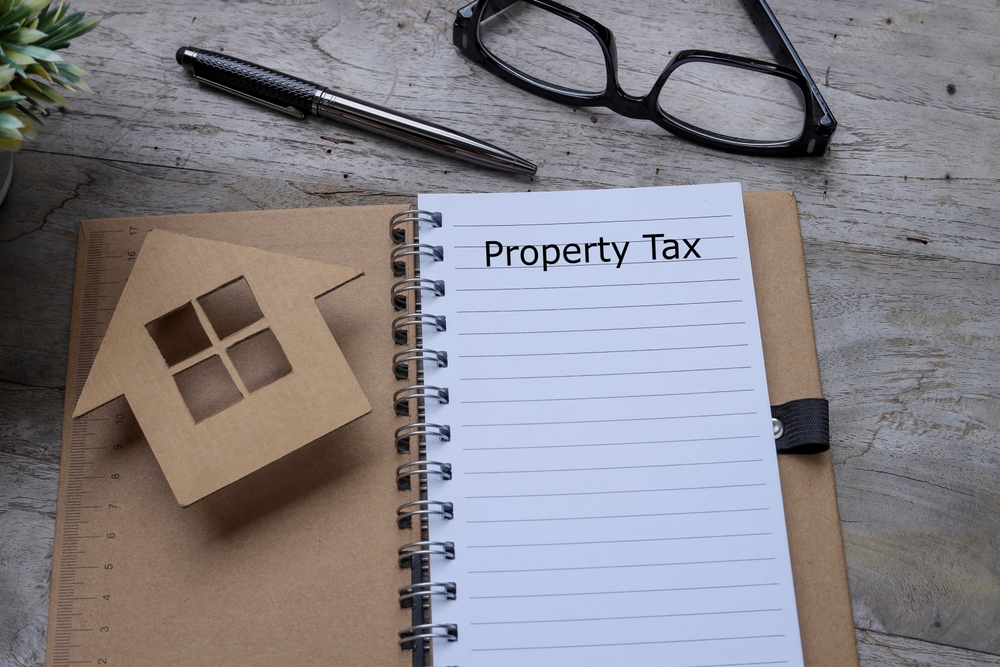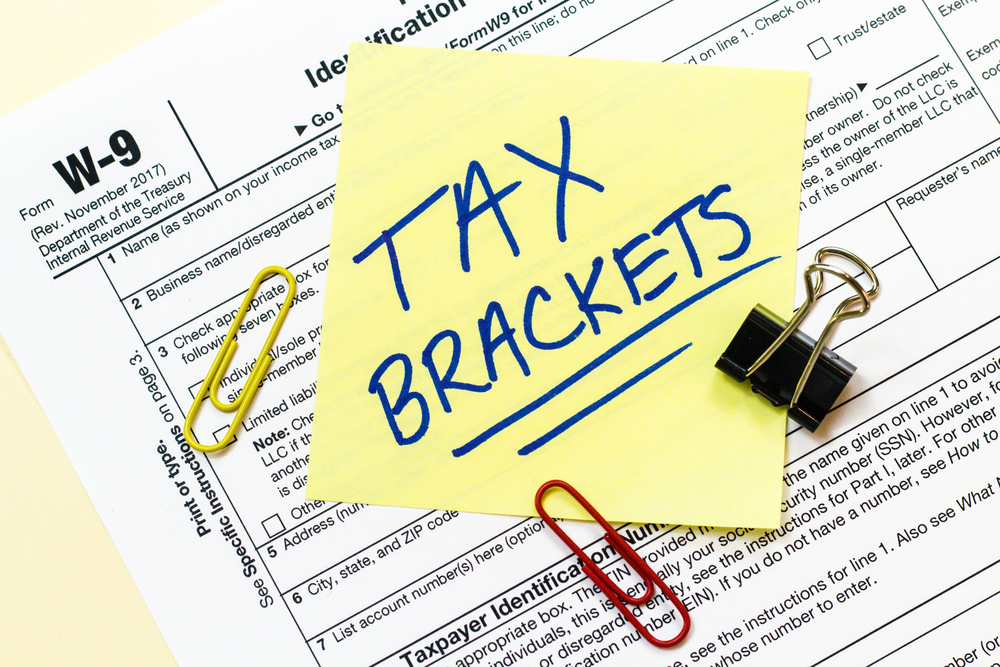Guidance for navigating property taxes as the end of the tax year approaches
As November's chill sets in, it's not just the holiday season on the horizon. This month signals a crucial period for property owners: the culmination of the tax year. Understanding and efficiently managing property taxes can often seem like navigating a labyrinth. However, as we approach the end of the year, it's imperative to grasp the intricacies of these obligations to avoid unnecessary burdens and to uncover potential avenues for savings. This comprehensive November overview aims to illuminate the path, providing essential guidance and insights into property taxes.
Understanding Your Property Tax Rate
Firstly, it's vital to understand the mechanics behind how your property taxes are calculated. Property taxes are typically levied by local governments and are based on the assessed value of your property, including land and structures. The tax rate, often termed the 'mill rate,' can vary significantly by locality, influenced by factors such as municipal budgets, school district funding, and other local financial needs. This rate will determine the amount of tax you owe relative to the value of your property. Comprehending these variables is essential as they lay the groundwork for your financial planning.

Navigating Tax Brackets and Assessments
Come November, it's common for local tax assessors to have concluded their calculations for the year. Understanding how these assessments work and the tax brackets you fall into is crucial. If your property's value has increased significantly, you might be in a higher tax bracket, which could mean a larger tax bill. Conversely, a decreased property value, often overlooked, might place you in a lower bracket, presenting an opportunity for savings. Being proactive in understanding these assessments can provide significant fiscal advantages.

Unveiling Opportunities for Savings
One of the most critical aspects of property tax management is being aware of potential deductions and exemptions. Common beliefs include mortgage interest, property taxes, and specific home improvements, especially those focused on energy efficiency or sustainability. Exemptions are typically offered for particular groups, such as seniors, veterans, or people with disabilities, and can also apply to properties used for specific purposes, like agriculture or conservation. Understanding and applying for these deductions and exemptions can significantly reduce your tax liability, providing relief and potential savings.

Safeguarding Your Financial Health
As the end of the year approaches, ensuring you're prepared to make timely tax payments is essential. Late payments can result in penalties, interest, and, in extreme cases, a lien on your property. Review your financials, set aside funds for your anticipated tax bill, and be aware of your local jurisdiction's payment deadlines. If you anticipate difficulty paying your tax bill, contact your local tax office; many offer payment plans or hardship programs. Proper preparation can safeguard you from unnecessary financial strain.

Seeking Professional Advice
Property taxes can be complex, and laws vary widely by location. Consulting with a tax professional or property tax lawyer might be beneficial. These experts can provide:
- Guidance tailored to your unique situation.
- Identify additional deductions.
- Aiding in disputes over-assessed values.
- Navigating the appeals process if you believe your property has been unfairly assessed.
- Their expertise can be invaluable in ensuring you're paying well and fully complying with local laws.

Empowering Property Owners Through Knowledge
As November wanes and the end of the tax year approaches, property owners face the critical task of navigating their property taxes. By understanding your tax rate, staying informed about assessments and brackets, exploring deductions and exemptions, preparing for payments, and seeking professional advice, you can turn a potentially stressful situation into a manageable one. Remember, the key to successfully handling your property taxes lies in staying informed, proactive, and diligent in seeking guidance and support. This journey, while complex, can be made smoother with knowledge, preparation, and the proper assistance.





